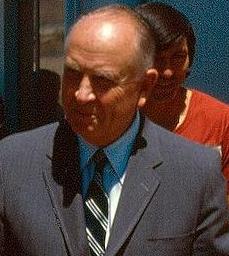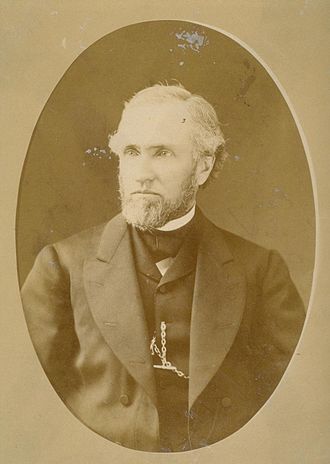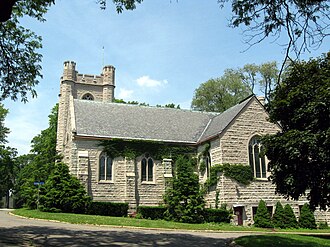Haight Last Name Origin, History, and Meaning
Where did the surname Haight come from? What does the surname Haight mean? Discover the history and meaning of the last name Haight and family migration on YourRoots Map.
Surname Haight Origin: What does the last name Haight mean?
The surname Haight has English origins, first appearing in records in the early 16th century. It started growing in the United States from the 17th to the 19th centuries, with significant frequencies recorded in this period. By the 20th century, the volume of records with the Haight surname grew significantly in the United States, where it remains prominent today.
According to YourRoots data, the surname Haight has a long history, with its presence noted in England in the early 16th century. The name has since spread globally, with significant frequencies recorded in the United States. The Haight surname continues to be prominent in the United States, reflecting a rich heritage that has endured through the centuries.
Haight Last Name History: Where did the last name Haight come from?
Origin of Haight Surname: Where does the last name Haight originate from?
According to YourRoots data, the surname Haight first appeared in records from England around the early 16th century. Please note that this reflects only YourRoots data for the exact Haight spelling and does not include other record sources or surname variations.
History of the Last Name Haight: What does the Haight surname history look like in the early days?
The Haight surname started growing in the United States from the 17th to the 19th centuries, with significant frequencies recorded in this period.
Global Spread: Where can we find the Haight surname today?
By the 20th century, the volume of records with the Haight surname grew significantly in the United States. The Haight surname remains prominent in the United States.
Explore Haight last name heritage and Haight surname origin based on YourRoots Map data
 VIEW THE ORIGIN OF SURNAME HAIGHT
VIEW THE ORIGIN OF SURNAME HAIGHTFamous People With Haight Surame?

David B. Haight
David Bruce Haight (September 2, 1906 – July 31, 2004) was an American religious leader, elected official, and executive in the retail business. He was the second oldest member of the Quorum of the Twelve Apostles in the history of the Church of Jesus Christ of Latter-day Saints (LDS Church) and served as mayor of Palo Alto, California. Haight's legacy includes his service in the Navy during World War II and his family connections to prominent figures like Jon Huntsman Sr. and Jr. Known for his dedication to both his faith and community, Haight's impact continues to be felt long after his passing.

Henry Huntly Haight
Henry Huntly Haight (May 20, 1825 – September 2, 1878) was an American lawyer and politician who served as the tenth governor of California from 1867 to 1871. Born in Rochester, New York, Haight was of English and Scottish descent. He was known for his political career, including his controversial views on Reconstruction and civil rights. As governor, he opposed extending citizenship and voting rights to non-White residents, leading to significant debates and opposition. Haight's legacy is marked by his stance on race relations and his impact on California politics during a tumultuous period in American history.

Roger Haight
Roger Haight (born 1936) is an American Jesuit theologian known for his work in challenging traditional Catholic teachings. He faced censorship from the Vatican for his book "Jesus Symbol of God" and was barred from teaching and writing on theology in 2009. Despite this, Haight continued his scholarly pursuits at Union Theological Seminary and the Jesuit theologate in Toronto. He has published several books on spirituality, liberation theology, and the relationship between faith and evolution. Haight's critiques of traditional Catholic dogmas have sparked debate within the theological community, showcasing his commitment to exploring new perspectives in religious scholarship.

Charles C. Haight
Charles Coolidge Haight (Mar 17, 1841 – Feb 9, 1917) was an American architect known for designing iconic buildings at Columbia College and Yale University. He also created the master plan for the General Theological Seminary in New York City. Haight's work is celebrated for its collegiate-gothic style, with many of his structures still standing today. His architectural drawings and photographs are preserved at Columbia University's Avery Architectural and Fine Arts Library. Born in New York City, Haight's legacy lives on through his timeless designs that continue to inspire architects and historians alike.

Henry Haight
Henry Haight (c. 1820–1869) was an American exchange banker and pioneer known for managing the Banking House of Page, Bacon & Co. during the California gold rush era. He is the uncle of Henry Huntly Haight, the tenth governor of California. Haight Street in San Francisco, stretching from Golden Gate Park through the Haight-Ashbury district to Market Street, is named in his honor.
All images displayed on this page are sourced from Wikipedia or Wikimedia Commons.We use these images under their respective Creative Commons or public domain licenses. Wherever applicable, author attributions and license information are provided. If you believe an image is used incorrectly or outside its license terms, please contact us so that we can review and correct the issue.




.png)